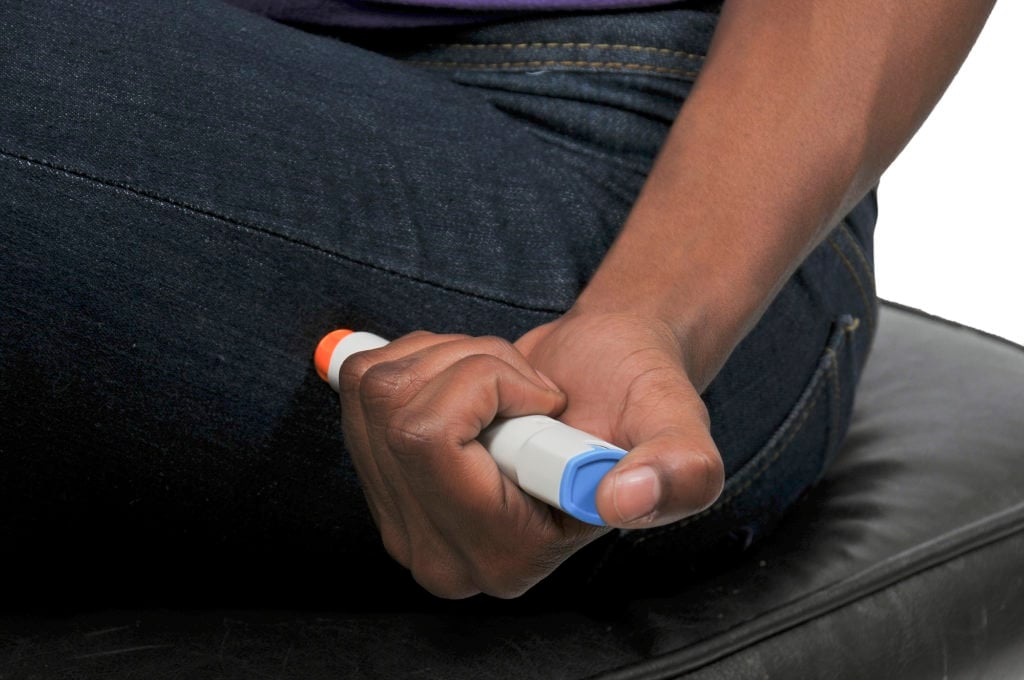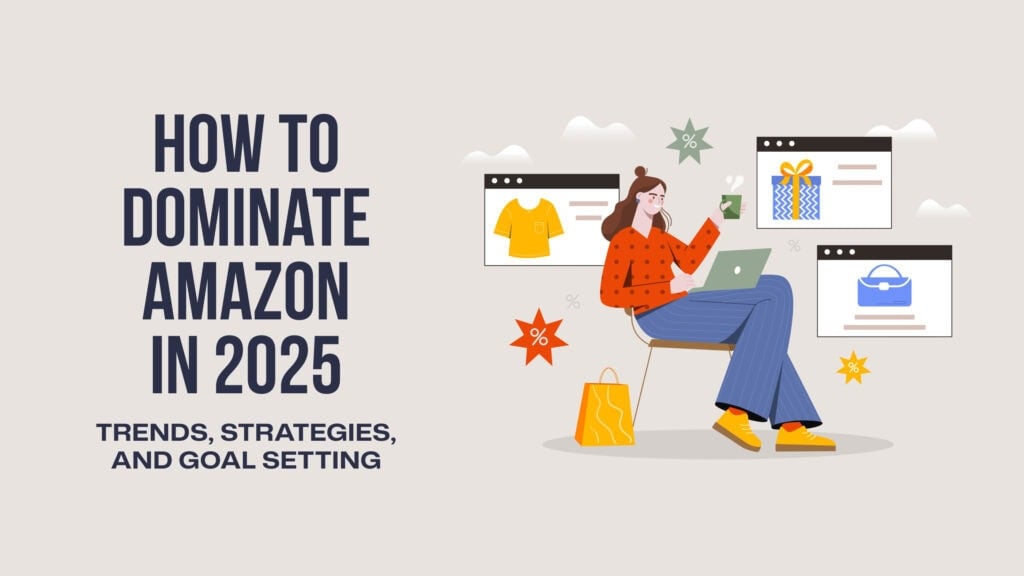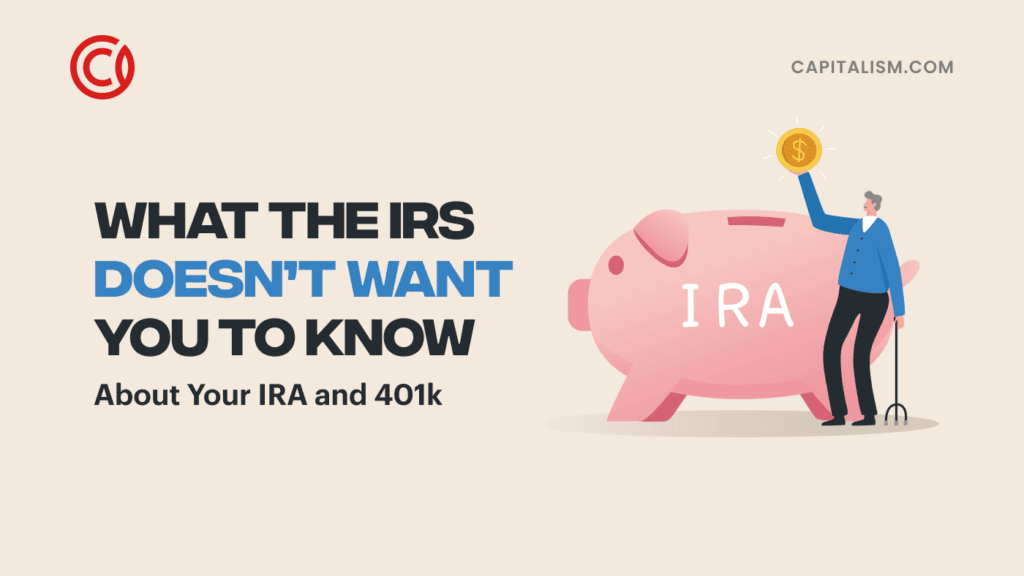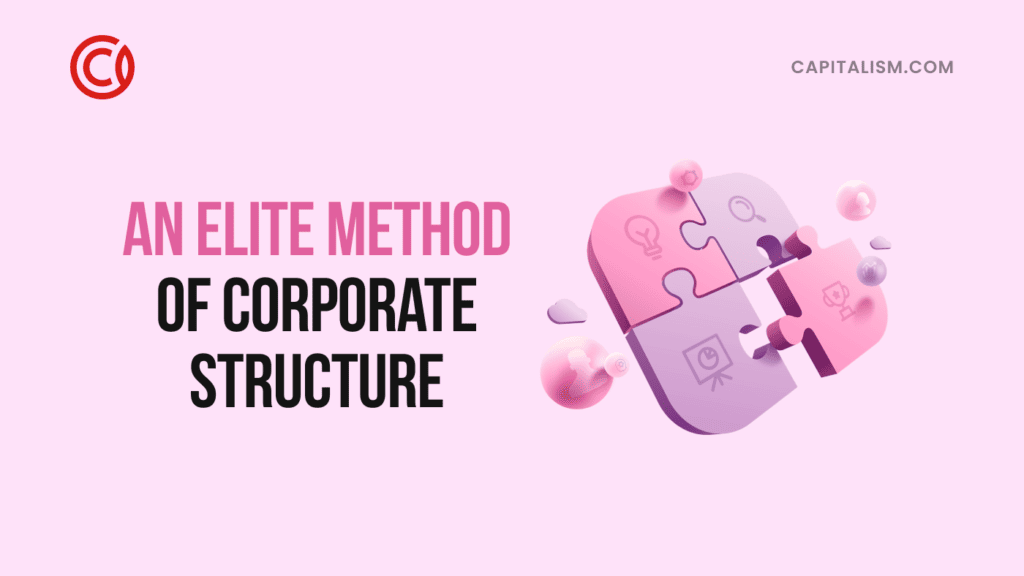The panic over EpiPen access is not the free market at work. Under healthy market conditions, we would have severe downward pressure on the price. But we do not have that in medicine due to severe government intervention.
In this particular case, the EpiPen consumer could not walk away from the transaction because of an artificial monopoly that has been caused by government. With more producers in the marketplace, which would occur in a healthy free market, you would have downward pressure on price because you would have enough producers to create competition.
And once again, it appears that the marketplace is forming an alternative. But it must go through government processes first, which are slow and costly. With fewer barriers, you would have more competitors faster.
I understand the severity of the issue, however the goal is to ensure that everyone has access to the things they need at a price that is accessible.
The government programs are an attempt to achieve that goal. My concern is that, in my assessment, they do the opposite by creating artificial monopolies (limited supply) along with guaranteed buyers, which makes it possible to exploit.
Where I would disagree with many EpiPen consumers the most is that the distorted market is indeed created by government. Under a normal market, you would have plenty of suppliers for such an in-demand product. The regulation is what creates the scarcity, which allows for the company to charge whatever they would like.
Without that involvement, suppliers would enter more rapidly, there would be greater speed of improvement, and price competition.
I don't disagree that there is price in-elasticity on the product; I only argue that the government facilitates it by being involved.
It's the severity of this issue that makes me against government regulation. It's the regulation itself that keeps competitors out of the market, allowing companies to charge whatever they would like.
It's not fair for EpiPen consumers, or anyone else, to have only one option for the medication that is so vital. Without the regulation, there would be more options, and lower prices.
It is not in spite of the severity of the issue that I am against regulation. It is the very nature of the severity that I do not want the government to touch it. While the intentions are positive, the result is always fewer options and lower quality, with higher prices, as is evidenced by the article linked above. Issues like this are too important to hand over to politicians.
I also understand that markets aren't immediately perfect, and that the first iterations of products have a chance of being less than optimal.
However, many people have died as the result of using persecution drugs that were approved by government, only to be recalled later. Some of this is due to the expectation that the government will have conclusive results about a product's safety, and we know that has not been the case. If pharmaceutical companies and the medical community had to be responsible to consumers, rather than turning the responsibility over to the U.S. Food and Drug Administration, there would be—in my view—more accountability than what we have now.
Worse, that same system has extremely expensive barriers to entry, which prevents further options from getting into the marketplace, and it keeps out cheaper or natural alternatives.
The government could have a very necessary role in preventing fraud (like concoctions being sold as medication), but their involvement in choosing winners and losers (as evidenced by this article) makes things less available and more expensive than is necessary.
I am of the opinion that medicine is too vital to settle for that.
Thankfully, the market does seem to be working on potential solutions.











